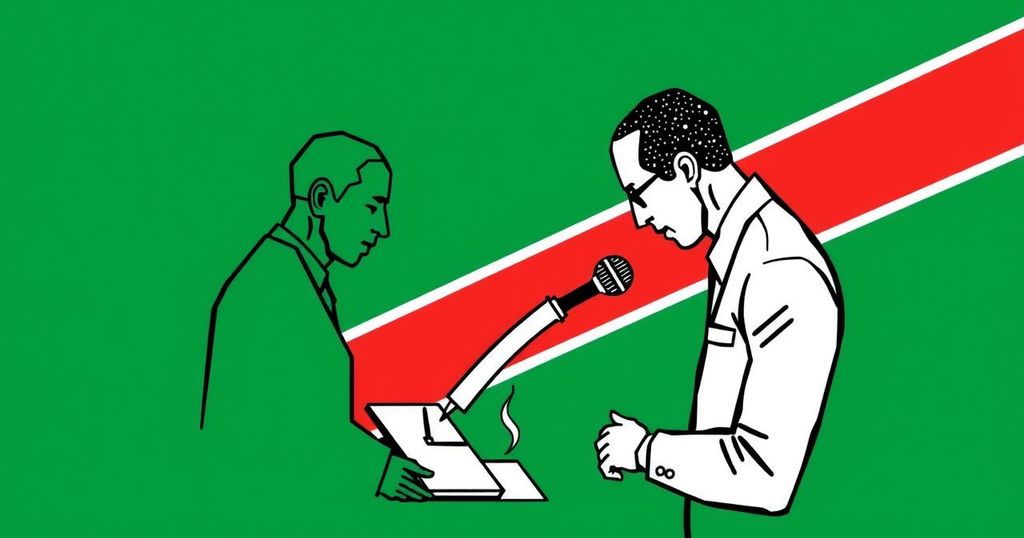Namibia’s electoral authority has announced the extension of voting by two extra days at selected polling stations due to significant delays that hindered participation in the elections. The move is meant to address the frustrations experienced by voters who faced extended wait times, marking the election as one of the most contested in the country’s history.
On Thursday, the Electoral Commission of Namibia announced the extension of voting by an additional two days at select polling stations. This decision comes in light of significant logistical setbacks that impeded voters from participating in what was deemed the most fiercely contested election to date. As a result, 36 polling stations will remain operational on Friday and Saturday to accommodate the electorate, following extensive delays that have seen individuals waiting for up to 12 hours to cast their votes.
The challenges encountered during the presidential and legislative elections led to widespread dissatisfaction, prompting calls from opposition parties for the extension of both the voting period and the suspension of ballot counting initially scheduled for Thursday. The situation underscores the critical need for efficient electoral processes, especially in a period where public confidence is paramount.
In the context of Namibia’s political landscape, the recent elections have emerged as a focal point of contention, particularly between the ruling party and opposition factions. Logistical issues such as inadequate staffing and mismanagement at polling stations have marred the electoral experience, leading to protracted waits and frustrations among voters. This scenario reflects broader challenges facing electoral authorities in ensuring fair and accessible voting experiences, essential for the democratic process in Namibia.
The decision to extend voting days reflects the Electoral Commission’s recognition of the logistical failures that affected voter turnout during a pivotal election. By allowing additional time for voters to fulfill their civic duty, Namibia aims to mitigate discontent and restore faith in its electoral processes. Furthermore, the incident highlights the imperative for electoral reforms to preempt similar occurrences in the future.
Original Source: www.barrons.com






